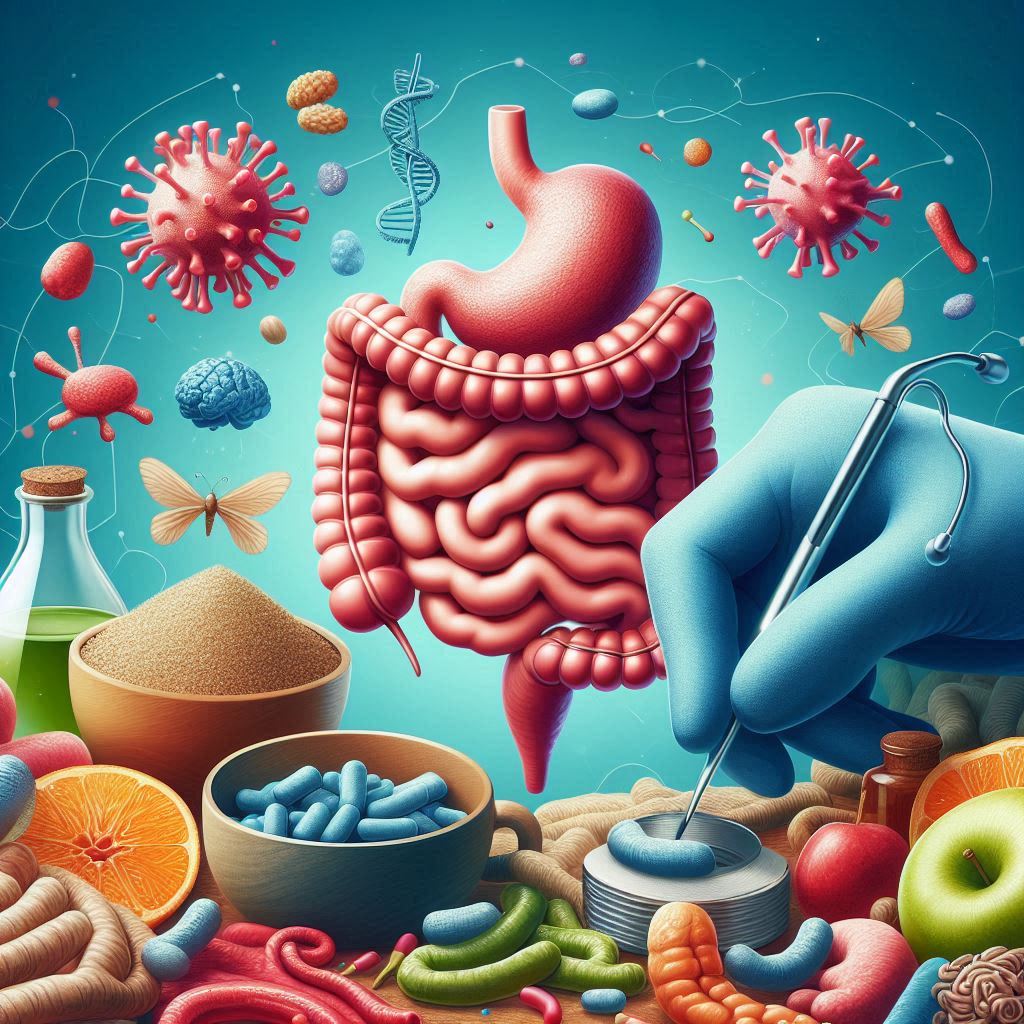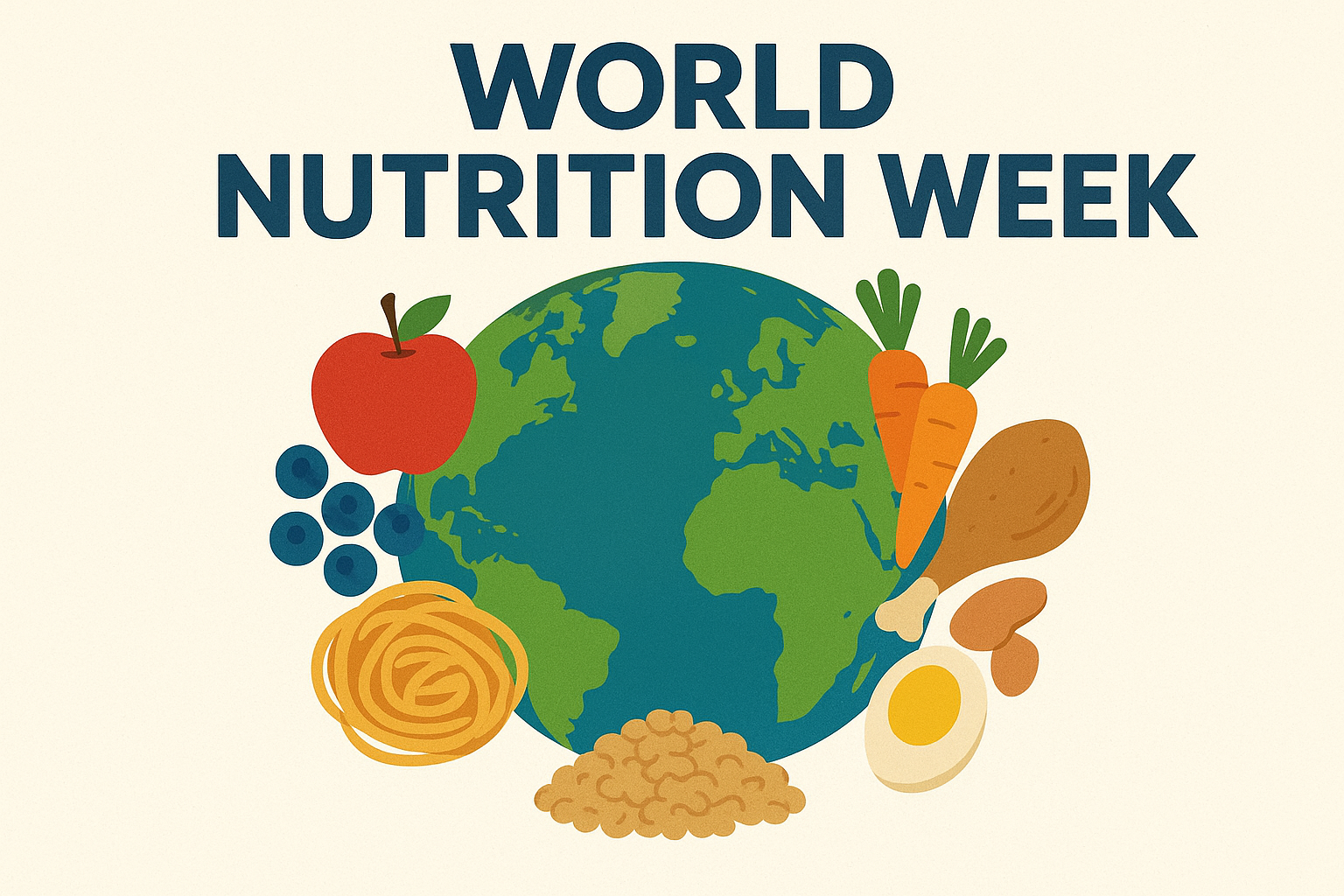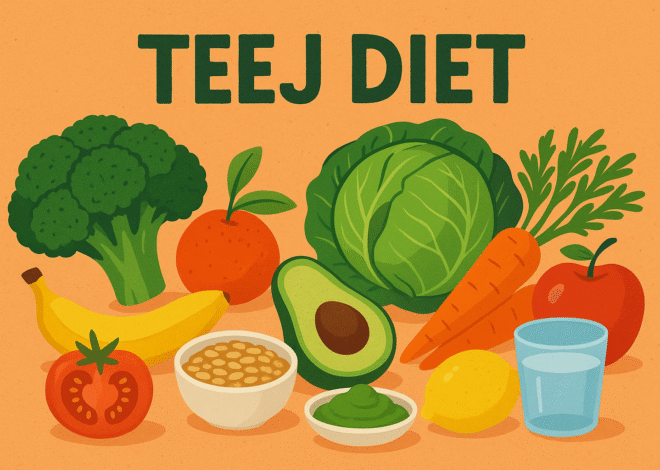
Gut Feeling: Nourishing Your Microbiome for Optimal Health

In recent years, the phrase “gut feeling” has taken on a new significance as research into the human microbiome has expanded our understanding of how gut health influences overall well-being. Our microbiome, which consists of trillions of microorganisms living in our digestive tract, plays a pivotal role in everything from digestion to immune function, mental health, and even our risk for chronic diseases. By nourishing our microbiome with the right foods and lifestyle choices, we can enhance our health and vitality.
Understanding the Microbiome
The microbiome is an intricate ecosystem of bacteria, viruses, fungi, and other microorganisms that reside in our gut. Each individual’s microbiome is unique, influenced by factors such as genetics, diet, environment, and lifestyle. A balanced microbiome contains a diverse range of microorganisms, which is essential for optimal health. When this balance is disrupted—often due to poor dietary choices, stress, lack of sleep, or antibiotic use—it can lead to dysbiosis, which is linked to various health issues including When this balance is disrupted, often due to poor dietary choices, stress, lack of sleep, or antibiotic use, it can lead to dysbiosis, which is associated with various health problems such as obesity, diabetes, inflammatory bowel disease, and even mental health disorders like anxiety and depression.

The Importance of Gut Health
Maintaining a healthy microbiome is crucial for several reasons:
- Digestive Health: A balanced microbiome aids in the breakdown of complex carbohydrates and the synthesis of essential vitamins, improving digestion and nutrient absorption.
- Immune Function: Approximately 70% of our immune system resides in the gut. A healthy microbiome strengthens the gut barrier, preventing harmful pathogens from entering the bloodstream and triggering immune responses.
- Mental Health: The gut-brain axis is a fascinating area of research demonstrating that gut health can impact mental well-being. Certain gut bacteria produce neurotransmitters, like serotonin, that influence mood and cognitive function.
- Weight Management: Studies have shown that the composition of gut bacteria can affect how we store fat, regulate hunger hormones, and maintain blood sugar levels, all of which are vital for weight management.
- Chronic Disease Prevention: A healthy microbiome has been linked to a lower risk of chronic diseases such as heart disease, diabetes, and certain cancers.
Nourishing Your Microbiome
To promote a thriving microbiome, consider incorporating the following practices into your lifestyle:
1. Embrace a Diverse Diet
A varied diet rich in whole foods is essential for supporting a healthy microbiome. Include a diverse variety of fruits, vegetables, whole grains, lean proteins, and healthy fats in your diet. Each type of food supports different bacterial species, and diversity in your diet can promote a more diverse microbiome.
- Fruits and Vegetables: Aim for a colorful plate filled with a variety of fruits and vegetables. These foods are high in fiber, vitamins, and antioxidants, all of which contribute to gut health.
- Whole Grains: Foods like oats, quinoa, brown rice, and barley are excellent sources of soluble fiber, which nourishes beneficial gut bacteria.
- Legumes: Beans, lentils, and peas are high in fiber and provide protein, making them fantastic for gut health.
2. Prioritize Fermented Foods
Fermented foods are rich in probiotics—live beneficial bacteria that can help restore balance to the microbiome. Incorporate the following into your diet:
- Yogurt: Look for varieties that contain live and active cultures. Greek yogurt is a great option for a protein boost.
- Kefir: This fermented dairy drink is rich in probiotics and can be enjoyed on its own or added to smoothies.
- Sauerkraut and Kimchi: Fermented cabbage products are not only rich in probiotics but also provide beneficial vitamins and minerals.
- Kombucha: This fermented tea is a flavorful way to introduce probiotics into your diet.
3. Add Prebiotics to Your Plate
Prebiotics are non-digestible fibers that serve as food for probiotics, helping them flourish. Incorporate foods like:
- Garlic and Onions: Both are rich in prebiotic fibers and can be used to flavor various dishes.
- Bananas: These are not only a convenient snack but also provide prebiotic fiber.
- Asparagus and Leeks: These vegetables are excellent sources of prebiotics and can be incorporated into salads and stir-fries.
4. Stay Hydrated
Water is essential for digestion and nutrient absorption. Staying hydrated helps maintain the mucosal lining of the intestines and supports the overall function of the microbiome. Aim for at least 8 cups (2 liters) of water per day, adjusting based on activity level and climate.
5. Minimize Processed Foods and Sugars
Processed foods often contain additives, preservatives, and refined sugars that can negatively impact gut health. Instead, focus on whole, unprocessed foods whenever possible. High sugar intake can promote the growth of harmful bacteria, so be mindful of sugary snacks, beverages, and refined carbohydrates.
6. Manage Stress
Chronic stress can have detrimental effects on the gut microbiome, contributing to dysbiosis. Engage in stress-reducing activities like yoga, meditation, deep breathing exercises, or spending time in nature. These practices not only help alleviate stress but also contribute to improved gut health and overall well-being.
7. Prioritize Sleep
Quality sleep is crucial for overall health, particularly gut health. Aim for 7-9 hours of restorative sleep each night to regulate hormones and support your immune system, which, in turn, benefits your microbiome.
8. Exercise Regularly
Physical activity has been shown to positively influence the composition of gut bacteria. Incorporate regular exercise into your routine, aiming for at least 150 minutes of moderate aerobic activity each week. This can include activities like walking, running, cycling, or any other enjoyable form of exercise.
Conclusion
Nourishing your microbiome is a crucial component of maintaining optimal health. By embracing a diverse diet rich in whole, unprocessed foods, incorporating fermented and prebiotic-rich options, and making mindful lifestyle choices, you can support your gut health and overall well-being. Remember, a thriving microbiome is not just about what you eat—it’s about cultivating a healthy lifestyle that fosters balance, resilience, and vitality. Prioritize your gut feeling, and it will serve you well on your journey to health and happiness.










